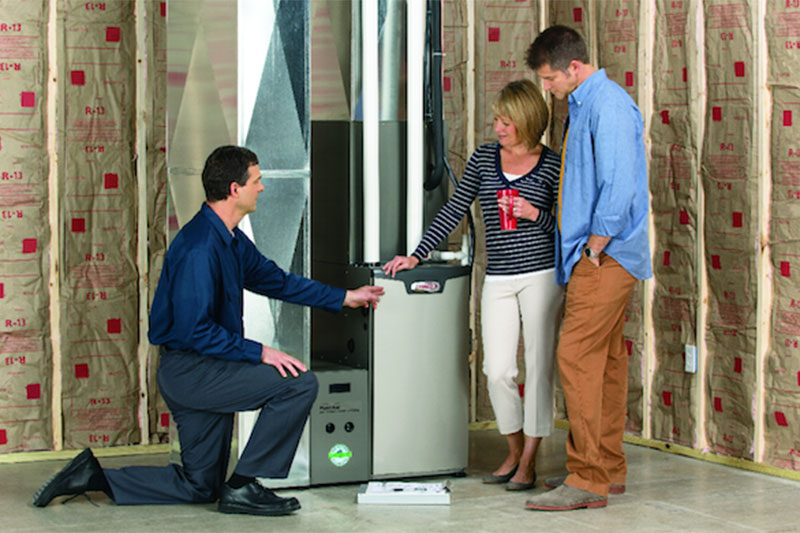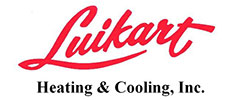
Natural gas furnaces need sufficient space and airflow to work correctly.
Your furnace can get too hot if it doesn’t have enough clearance. It also makes it challenging for our specialists to accomplish furnace repair.
Routine furnace maintenance is essential to keep your equipment working smoothly. A routinely serviced furnace may heat more efficiently, which could decrease your energy costs.
Related: How Does Furnace Maintenance Impact the Energy Efficiency of Your Home?
Maintenance often helps us spot problems before they become expensive. This could help lessen future repair bills and likely lengthen the life of your system.
So how much room should your equipment really have?
How Much Space Does My Furnace Need?
If you’re updating your basement or enclosing your furnace room, you should research manufacturer specifications and Newark laws for clearance requirements.
As a general recommendation, your furnace should be 30 inches away from furnace room walls on all sides. This permits our service technicians to comfortably replace it.
You also need to check the room has plentiful airflow and ventilation, especially if you have an outdated furnace with a metal flue.
Related: Furnace Service or Furnace Replacement: What to Consider
This model of furnace needs combustion air from the nearby space. If there’s inadequate air, hazardous gas fumes and deadly carbon monoxide could back draft into your home.
If your furnace is positioned in a small room with a gas water heater, you may need to install more openings. This could involve a fully louvered door or vents in the walls.
You don’t need to think about airflow and ventilation as much if you have a newer, high-efficiency furnace with PVC piping. Your unit uses one pipe as an exhaust vent and the other to pull in air.
Keep Combustible Materials Away from Your Furnace
Although furnace rooms are often also used for laundry and storage space, you should keep yours free of things that could be fire hazards.
This includes:
- Clotheslines
- Cleaning or laundry products
- Gasoline, paint or paint thinner
- Rags and papers
- Wood scraps and sawdust
- Used filters
If you have a cat, situate your litter box elsewhere. Cat urine contains ammonia, which could create wear on your furnace’s heat exchanger. Plus, the furnace could move the stinky odors around your home.
You should also frequently vacuum by your furnace to prevent dust from building up.
Related: Is it Time for Furnace Service or Replacement?
Trust the Local Pros for Furnace Service
Whether you have to have furnace replacement or annual maintenance in Newark, Luikart Heating & Cooling can expertly take care of your needs. Our highly trained technicians can repair any HVAC model or brand.
Call us at 740-344-5497 or use our online scheduler to get an appointment now.
